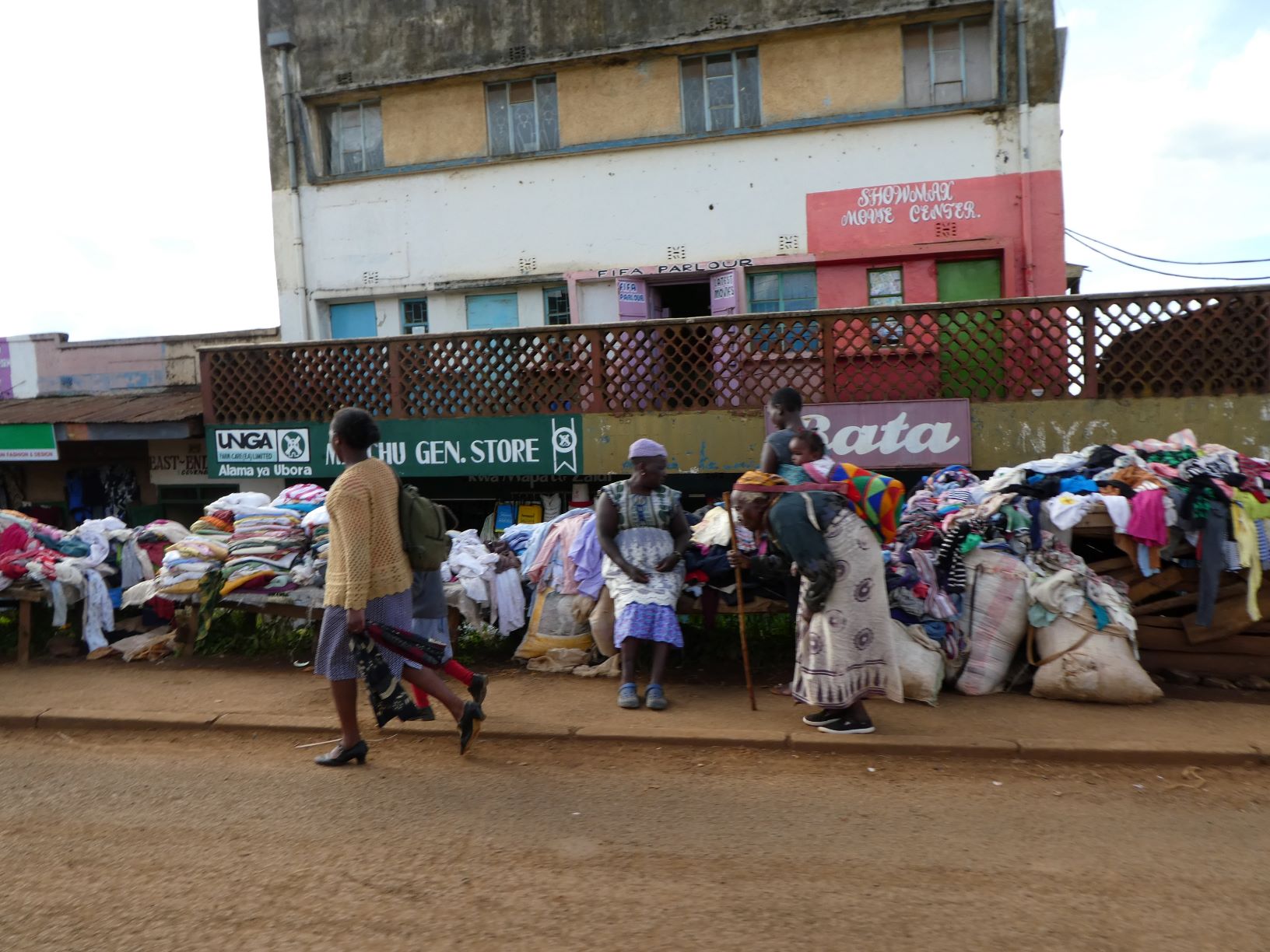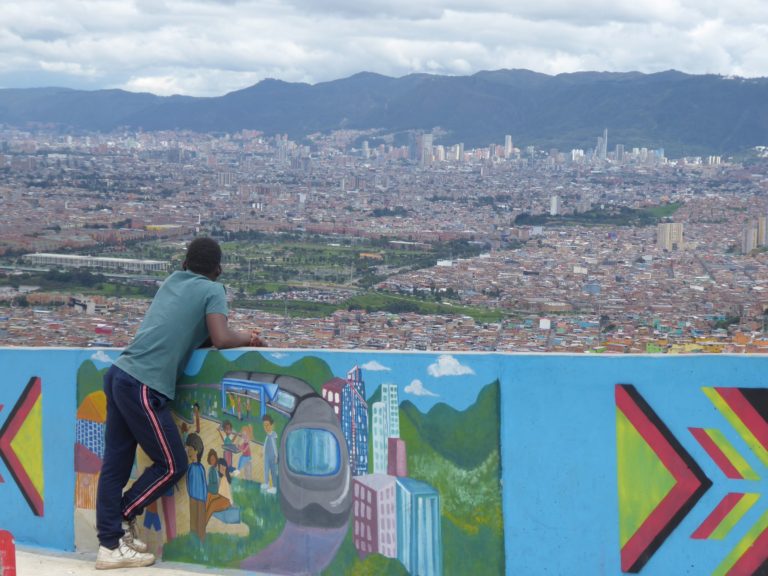Why rural development cannot happen whilst Gender-based violence remains endemic across the world
Written by Tina Beuchelt, Dennis Aviles, and Emily Brown*
Despite decades of campaigns and action against Gender-based violence by feminist groups and movements worldwide, women and girls’ experiences of domestic, intimate partner and sexual violence remain stubbornly high:
One in three women worldwide experience sexual or physical violence during her lifetime, most often perpetrated by a former or current intimate partner. 137 women are killed by a family member every day (UN Women 2021). In the global North, for example in Germany or UK, on average, one woman is killed by a man every 3 days[i] and every 45minutes a woman is victim of physical violence through an intimate partner[ii]. These are crimes committed against women, girls and gender-non-confirming people specifically because of their sex or gender identity. It is already known that these levels of violence have significant impacts in women’s lives across the world. Still, since the beginning of the COVID-19 pandemic, domestic violence has increased alarmingly; a fact that women and feminist movements have evidenced and exposed but which in most countries, is met with a deafening policy silence. For example, a 2020 CARE UK survey of 30 national COVID-19 crisis committees found that 54% of countries surveyed had taken no action on gender-based violence. Men’s representation in these committees was, on average, 76%[iii].

What is gender-based violence?
Gender-based violence can be any form of violence against women and men or other gender identities and encompasses all physical and sexual violence as well as psychological violence. It constitutes violence against a person because of their sex or gender. The most common and pervasive form is violence against women and girls – although the homophobic violence experienced by transgender people is equally well documented. Gender-based violence is rooted in the harmful social norms and modes of power and control that shape gender roles and inequality globally and is a fundamental violation of human rights.
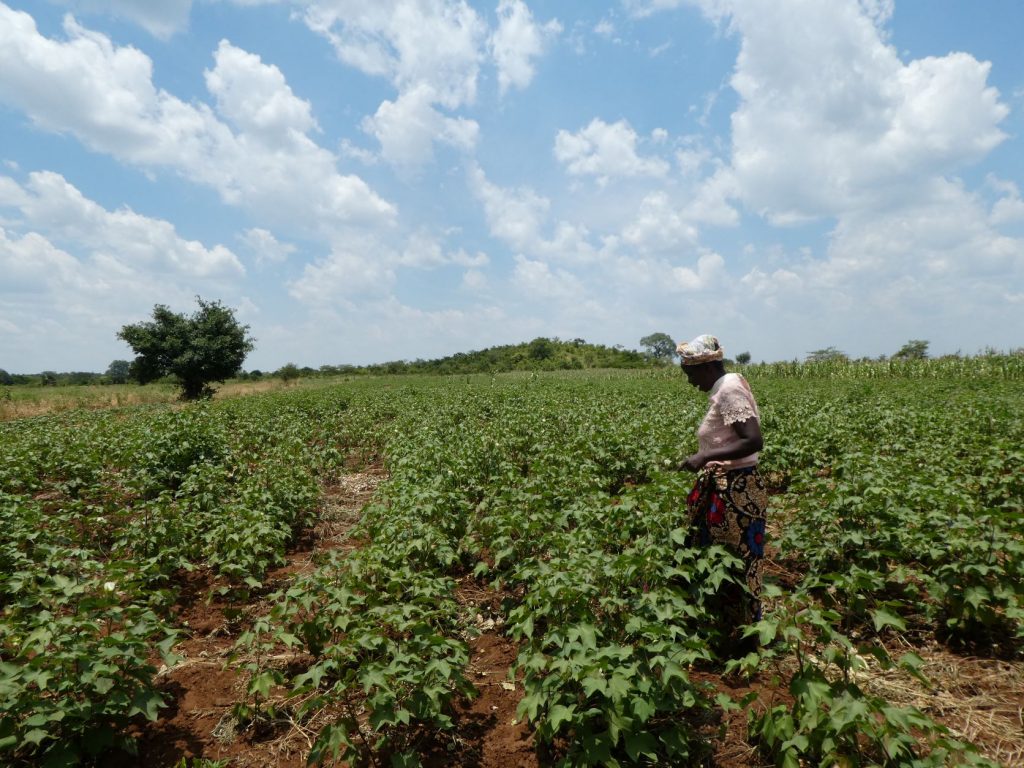
Why is it necessary to talk about gender-based violence regarding rural development in the Global South?
In most countries of the Global South, smallholder farmers’ livelihoods are highly dependent on having access to land, natural resources, human labor, as well as on a good health status of their family members. Limited access and control over resources, lack of access to education and health services, food insecurity, as well as inappropriate or inexistent policies, laws and institutions are often related to Gender-based violence and can lead to vicious cycles.
Gender-based violence limits women’s ability to make decisions, particularly around finances, reduces their access to projects or cooperative resources and services including agricultural inputs and training. In addition, it may limit women’s interest and ability to actively participate in groups and take over leadership. Apart from directly affecting their physical and mental health, women survivors of violence may also lose their confidence, self-esteem as well as their capacity to provide for themselves and their families. Women may then be unable to fully participate in farming, community activities and rural development projects, addressing e.g. improved farming methods. Gender-based violence can further lead to labor shortage or a decline in agricultural productivity which perpetuates poverty, food insecurity and malnutrition.
Why do we, as society, still fail to recognize the effects of violent acts against women, girls and gender non-conforming people in all their dimensions, including those reported in research and development projects?
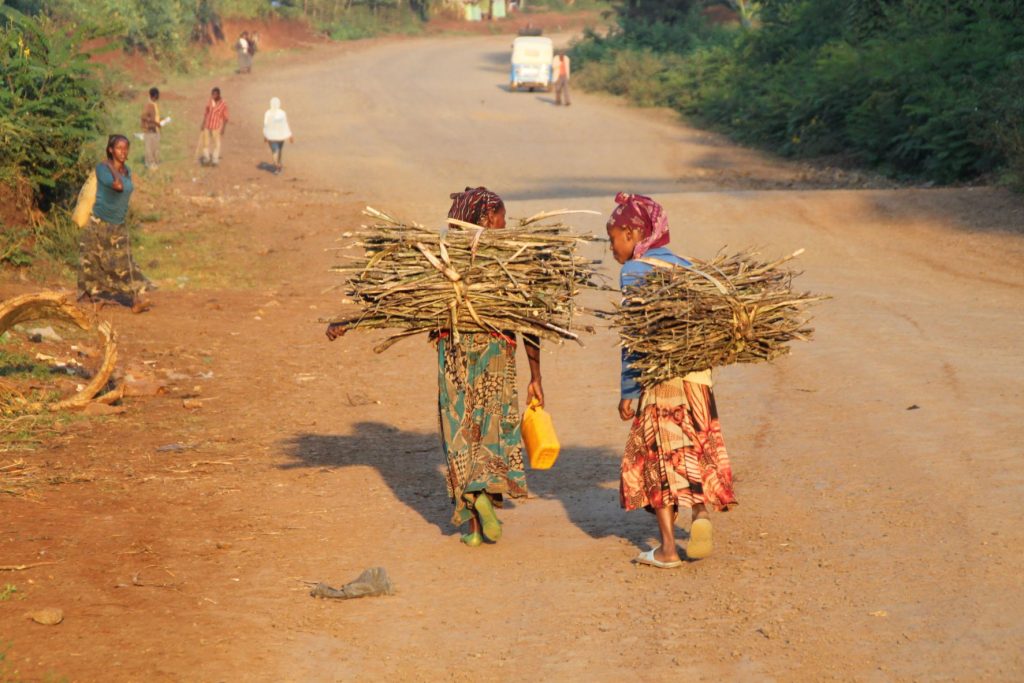
Do we need more awareness raising campaigns on “Gender-based Violence and Rural Development Outcomes”?
The simple answer is yes, too many researchers, development practitioners, policy-makers and donors are not much aware of the violence happening in farming and rural households.
Tina Beuchelt
One driving factor to organize an awareness raising event was based on the personal experience of one of the organizers and authors, Tina Beuchelt. Her research includes land management, seed systems and adoption of agricultural technologies and improved practices. One of her research foci has been to better understand how and why new or improved agricultural practices or higher-yielding varieties are adopted or not. She therefore has talked to women and men extensively about how their labor is allocated and resources shared and who takes which decisions and why. She realized that no matter in which country in Asia, Latin-America or Africa she conducted these interviews, when talking about decision-making in agriculture, women frequently raised the issue of domestic violence. The striking high frequency of women raising domestic violence haunted her. During discussions with colleagues in the same fields of agricultural research, she discovered that they had all had similar experiences. And more often than not, the topic of Gender-based violence raised by women respondents/research participants remained unaddressed when the mandate or research task was to focus on agricultural development. As it became evident that Gender-based violence massively affects women’s involvement in agriculture and related decision-making – and at the same time is neglected in agricultural and rural development research – Tina, together with ZEF’s Gender Group, decided to actively start addressing this.
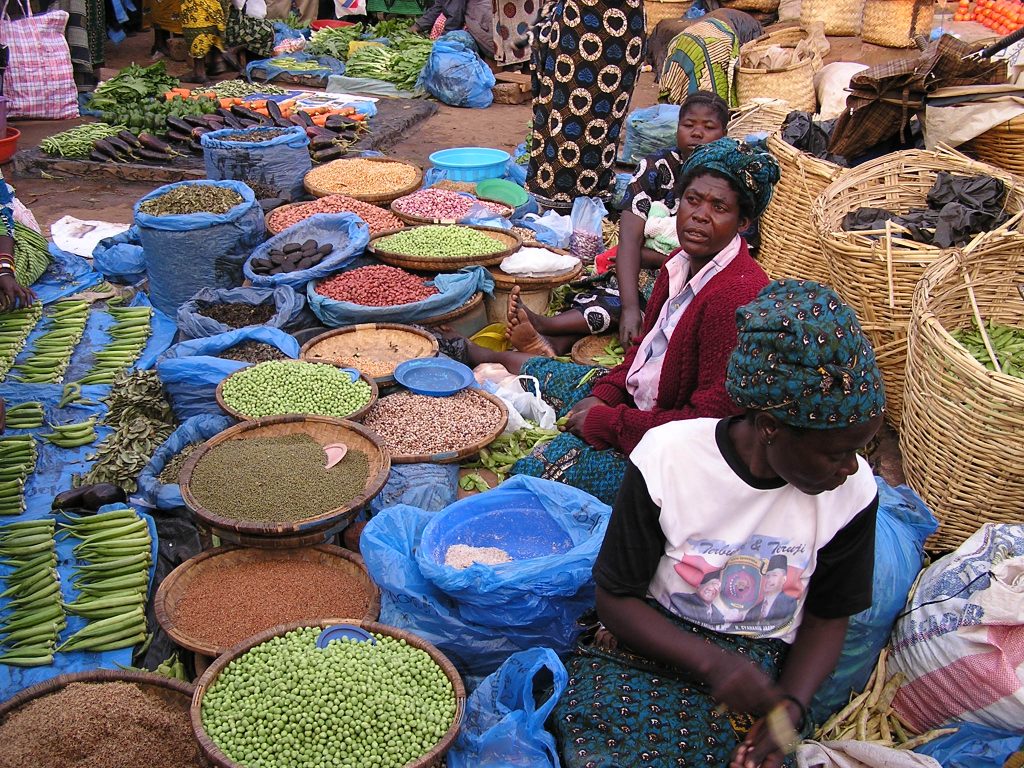
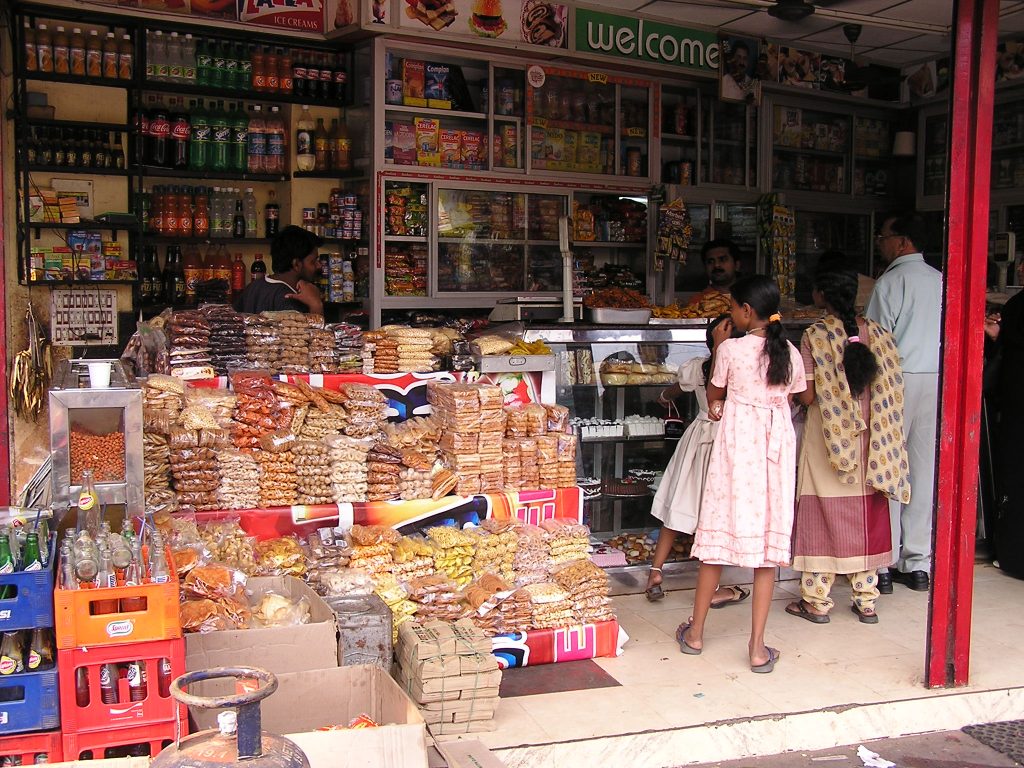
ZEF-Event: Gender-based Violence and Rural Development Outcomes
Since 1981, every 25th of November the world observes the “UN International Day for the Elimination of Violence against Women” in honor of three activist sisters murdered by a ruling dictator in the Dominican Republic. This fact, as the date itself, is little known. The ZEF Gender Group decided to explore and show via several case studies how Gender-based violence affects rural development beyond direct impacts on health and well-being, and what could be done about it. So, on November 25, 2021, four researchers and practitioners from science and practice from Asia (Assistant Prof. Dr. Sonia Akter), Africa (Dr. Constance Awinpoka Akurugu), Latin-America (Pricilla Pecho Ricaldi) and Europe (Emily Brown) presented answers from their work and discuss pathways for change, based on their experience. (Read more here and watch the videos here: https://bit.ly/ZEFGG-Event).
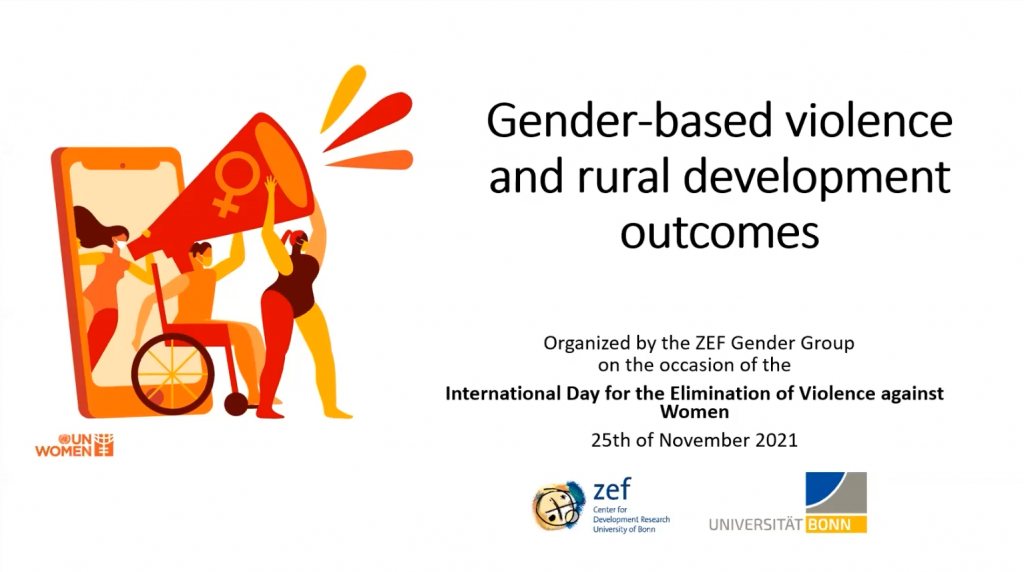
Some of our key learnings from the presentations
- The experiences women make regarding Gender-based violence are similar across the whole world.
- Violence against mothers can affect children’s educational achievements, even when children themselves are not directly affected by the violence. So, the next generation may experience less progress in development.[iv]
- Violence occurs especially there, where formal institutions are weak or absent, like it is common in rural areas. Sometimes, informal institutions (e.g. local chiefs) help protect women and reduce domestic violence; in other settings they are part of the problem and reinforce unjust social norms.
- Projects that aim to empower women without a previous gender analysis or without including the male population can end up increasing domestic violence[v].
- Addressing Gender-based violence and especially violence against women is addressing the human right to live free of violence. The presenters emphasized that harmful, discriminatory social norms and culture should not be a justification to commit human right violations.
Some ways forward to end Gender-based violence
There are plenty of approaches and strategies to ending Gender-based violence that have proved to be successful when commitment and good partnerships as well as good allies’ exist. Research covering 70 countries over 20 years confirms that the single most effective way to combat violence against women is to build strong feminist movements – a stronger contributing factor to progress in this area than either the economic health of a country or the political color of its government[vi]. Research collated by the World Bank found that women’s representation in higher-income countries resulted in greater prominence of women’s rights issues – including violence against women, maternity leave and childcare – on government and media agendas[vii].
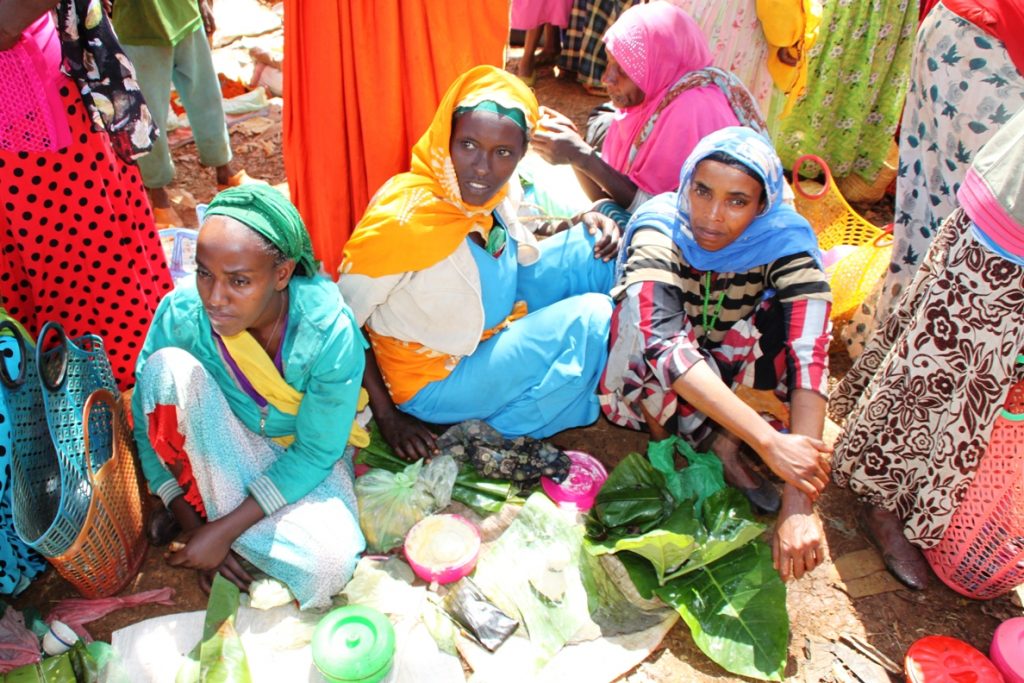
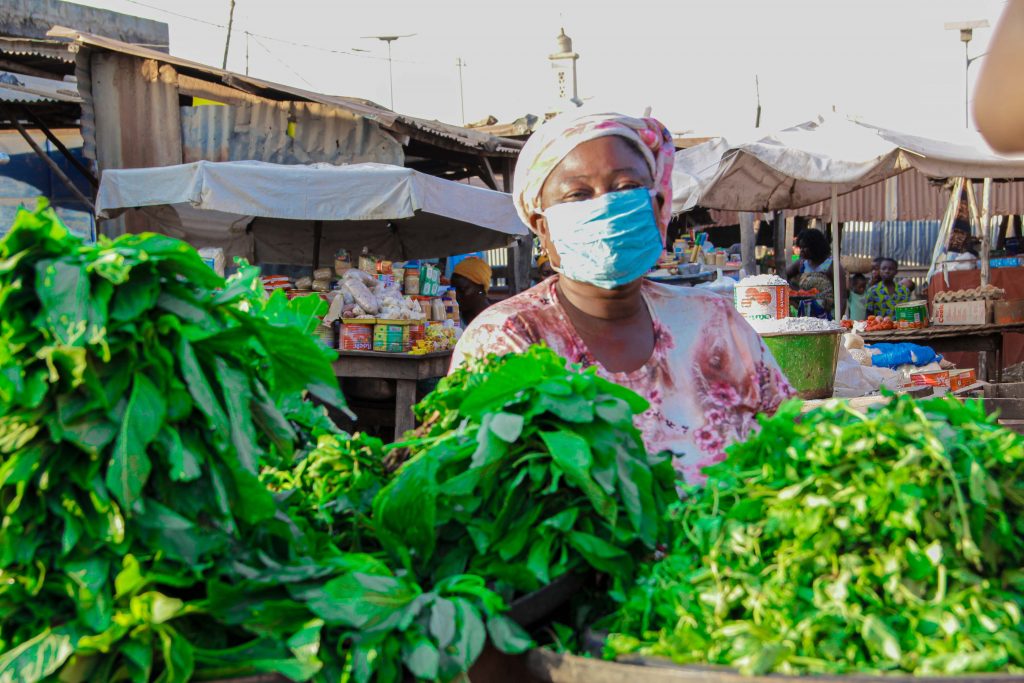
A randomized control trial of the SASA! Raising Voices program to assess the impact of a community mobilization intervention, with its firm focus on understanding power in order to prevent violence against women and reduce HIV risk, has seen physical partner violence rates that are 52% lower in participating communities than those in comparator groups [viii]. Further approaches used in agriculture to address Gender-based violence include so-called household-based approaches, where training and extension aims to bring about changes in gender relations “from within” the household, rather than being imposed outside [ix].
Increasingly, unapologetically, women’s organisations and movements in every country are coming together to organize, fundraise and strategize in the face of continued and sustained violence – and to continue to demand change. It is time now for all of us working in development and research fields to support these demands – and to add our voices and expertise to these global efforts and actions. We all have a role to play in understanding the deep impacts of Gender-based violence on our work – no matter which sector or issue we work on – and to explore what we can each do to contribute to the systemic shifts required for Gender-based violence to be seen as the fundamental rights violation and barrier to rural development that it truly is.
Like Tina, who now includes exploration of Gender-based violence impacts in the formal scope of her research, we can and must change the lives of the women we work with – and the results and efficacy of our research work – will be stronger and more legitimate.
Emily Brown
* Tina Beuchelt and Dennis Aviles are ZEF senior researchers.
Emily Brown is a consultant, former OXFAM, UK
[i] Femicide Census. 2020. Online available at: https://www.femicidecensus.org/wp-content/uploads/2022/02/010998-2020-Femicide-Report_V2.pdf
[ii] de Gregorio, L. 2022. Einen Schritt vor, zwei zurück. Amnesty Journal, 02/22, p.13. https://www.amnesty.de/journal/2022/feminismus-ist-fuer-alle-da-frauenrechte-weltweit
[iii] CARE. 2020. Where are the women? The Conspicuous Absence of Women in COVID-19 Response Teams and Plans, and Why We Need Them. Online available at: https://www.care-international.org/files/files/CARE_COVID-19-womens-leadership-report_June-2020.pdf
[iv] Akter, S., Chindarkar, N. 2019. The link between mothers’ vulnerability to intimate partner violence and Children’s human capital. Social Science Research, Vol. 78, 187-202.
[v] Hughes, C., Bolis, M., Fries, R. and Finigan, S. (2015). Women’s economic inequality and domestic violence:
Exploring the links and empowering women. Gender & Development, 23(2), 279-297.
[vi] Weldon, S.L., Htun, M. (2013). Feminist mobilization and progressive policy change: why governments take action to combat violence against women. Gender & Development 21(2): 231–47.
[vii] World Bank. 2012. World Development Report 2012: Gender Equality and Development. Online available at: https://openknowledge.worldbank.org/handle/10986/4391
[viii] Raising Voices. nd. Sasa! Online available at: https://raisingvoices.org/sasa/#tabs-419-0-3
[ix] Mayoux, L., Baluku, P., Biira, J., Reemer, T. 2012. Balanced Trees Grow Richer Beans: Promoting Gender Justice through Value Chain Development in Western Uganda. Gender Action Learning System Case Study 1.
Online available at: https://gamechangenetwork.org/wp-content/uploads/2016/06/BalancedTrees_Case-Study.pdf




